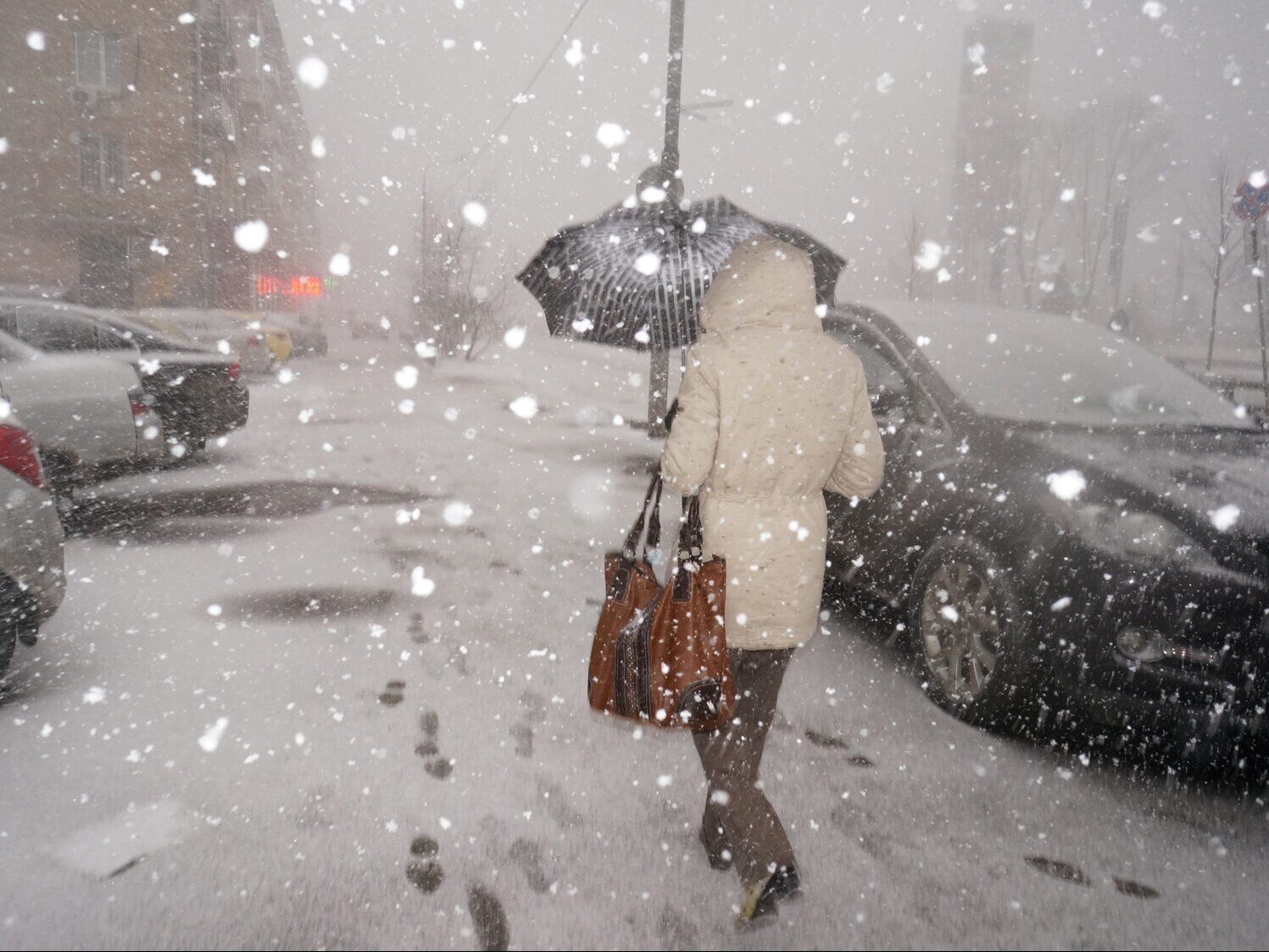The risk of heart attack increases in winter. What does frost do to the heart?

Winter is not favorable for people with heart disease, low temperatures worsen circulatory disorders – says cardiologist Adam Janas. What happens to the heart when the thermometer shows negative temperatures?
Cardiologists have no doubt: the exacerbation of cardiovascular diseases may be related to the weather and seasons. Already in the 1930s, it was noticed that a drop in temperature causes an increase in mortality due to heart attacks. How is this possible?
How does the heart react to frost?
Today, science confirms the negative impact of negative temperatures on the heart. – During the winter months, the secretion of hormones such as aldosterone and catecholamines increases, which results in an increase in blood pressure. In addition, the ability to aggregate platelets and activate coagulation factors, which are one of the causes of arterial embolisms, changes – explains Dr. Hab. Adam Janas, cardiologist of the American Heart of Poland Group.
All this places a heavy burden on the functioning of the heart and, as the specialist emphasizes, in people with impaired circulation in the coronary arteries, episodes of myocardial ischemia and exacerbation of coronary artery disease and even a heart attack may occur. But that’s not all. – The secretion of thyroid hormones also decreases, which may worsen heart function and result in exacerbation of the symptoms of chronic heart failure. Pain, pressure or burning in the chest are warning signs. In such a case, you should immediately go to a doctor who should thoroughly examine your heart, says Dr. Janas.
Heart patients and low temperatures
As the cardiologist adds, patients with diagnosed heart disease should avoid staying in extremely low temperatures and follow the recommendations of their doctor. – Subzero temperatures cause blood vessels to constrict, which in turn limits the supply of oxygen to the heart. Low temperatures cause an increase in blood pressure, which may be dangerous for patients with hypertension, he says. The time of day also matters. The risk increases in the morning hours, when the body transitions from sleep to daytime activity, which results in an increase in blood pressure and pulse.
The doctor reminds you to take care of yourself and remember to take your high blood pressure medications regularly. It is also worth paying attention to a proper diet, because in winter we are more likely to reach for fatty and salty snacks, which also negatively affect the functioning of the heart. Taking care of yourself also means physical activity adapted to the patient’s conditions and abilities. But here too you need to be especially careful. – People in the risk group should avoid sudden physical exercise because it increases the heart rate. Additionally, to maintain the appropriate body temperature, blood vessels constrict, which results in increased blood pressure. For people with cardiac problems, this is an additional burden that requires special caution – sums up the cardiologist.






